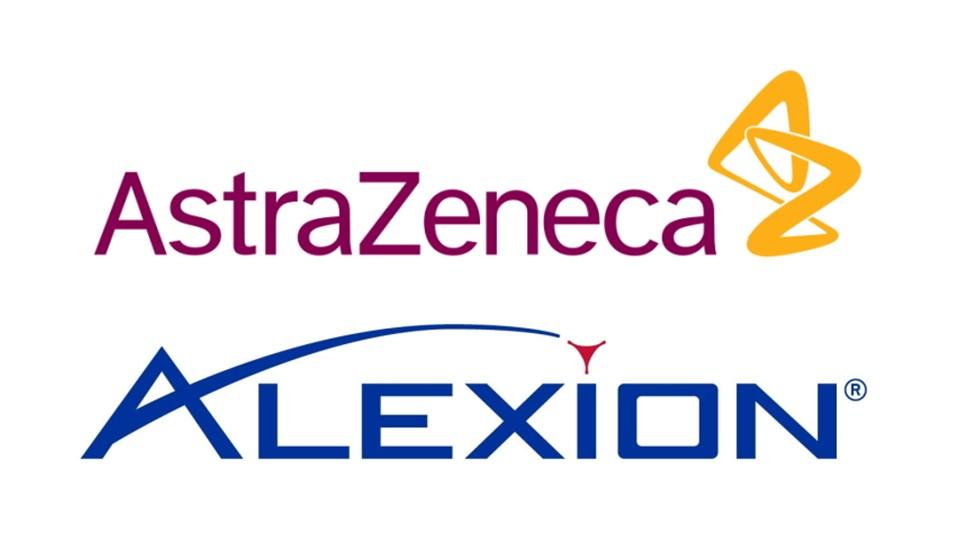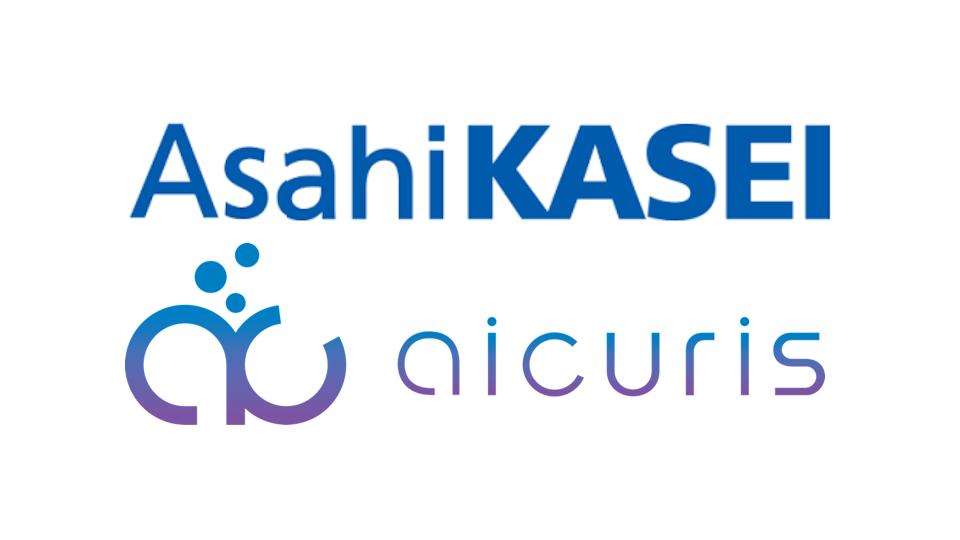AstraZeneca buys rare disease firm Amolyt for $1.05bn

AstraZeneca has added a late-stage rare disease therapy to its pipeline, buying France’s Amolyt Pharma and its hypoparathyroidism drug eneboparatide for $800 million upfront.
The bolt-on deal, which includes another $250 million for regulatory milestones, continues an effort to expand rare disease subsidiary Alexion’s pipeline beyond its core focus on complement inhibitors.
Hypoparathyroidism is a rare condition defined by a deficiency of parathyroid hormone (PTH), leading to decreased calcium and elevated phosphorus levels in the blood and causing complications in organs and tissues, including the kidneys and increased bone mineral density.
Low calcium levels can also lead to symptoms like numbness, tingling, muscle twitching, spasms or cramps, abnormal heart rhythm, and seizures.
While it falls under the category of a rare disease, there are estimated to be around 115,000 people with the condition in the US and another 107,000 in the EU, approximately 80% of whom are women.
Eneboparatide is leading the field in a new class of PTH1 receptor agonist treatments that are thought to treat hypoparathyroidism by recycling calcium in the kidneys and enhancing absorption from dietary sources.
The drug is in the phase 3 CALYPSO trial that is looking at serum calcium control, normalisation of urinary calcium, and bone quantity and quality, as well as whether it can allow patients to reduce or eliminate standard care based on high doses of oral calcium and vitamin D supplements.
Those supplements are often ineffective and can increase the risk of excess calcium in the urine, which can in turn lead to progressive kidney dysfunction and failure from calcium deposition and kidney stones.
Preliminary results from CALYPSO, which is comparing eneboparatide to placebo in around 165 hypoparathyroidism patients, are due before the end of the year.
“Chronic hypoparathyroid patients face a significant need for an alternative to current supportive therapies, which do not address the underlying hormone deficiency,” said Alexion's chief executive, Marc Dunoyer. “Eneboparatide […] has the potential to lessen the often debilitating impact of low parathyroid hormone and avoid the risks of high-dose calcium supplementation.”
At the moment, there is a PTH replacement therapy approved for use in hypoparathyroidism, Takeda’s once-daily injectable Natpara, but the company said in 2022 that that would be withdrawn globally by the end of 2024, due to “unresolved supply issues.”
Natpara was only available via a restricted access programme for patients with severe disease because it was linked to an elevated risk of bone cancer osteosarcoma in animal studies.
Eli Lilly’s PTH-based osteoporosis therapy Forteo (teriparatide) is also used off-label in some hypoparathyroidism patients and, while Ascendis Pharma’s TransCon PTH (palopegteriparatide) was turned down by the FDA last year, the company has launched it as Yorvipath in Germany and Austria and is expecting a second verdict from the US regulator by 14th May.
Entera Bio, meanwhile, has an oral formulation of PTH called EB612 in early-stage clinical testing for hypoparathyroidism.













